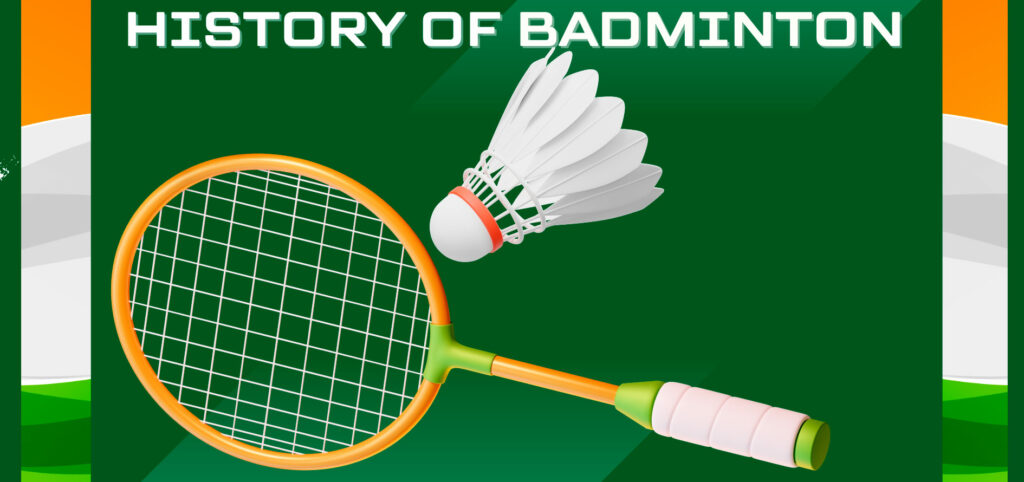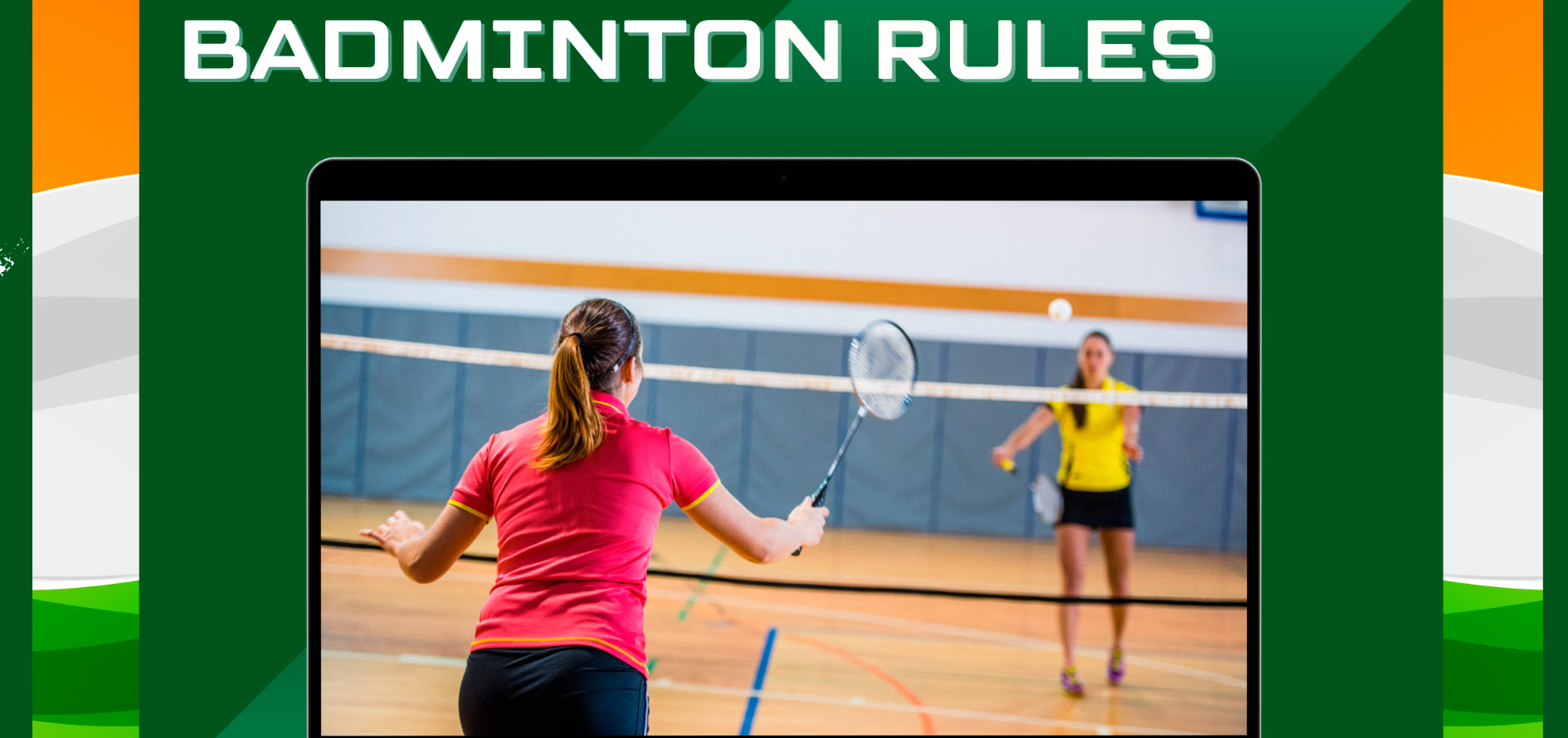Badminton is a dynamic and fast-paced sport that has captivated audiences worldwide. With its roots tracing back several centuries, the game has evolved significantly. This article will explore the history of badminton, its basic rules, key roles of badminton players, and notable tournaments like the World Badminton Championship.
History of Badminton

Badminton has a rich history that dates back to ancient civilizations. Here’s a brief timeline:
| Period | Development |
| Ancient Greece | Early forms of the game, involving shuttlecocks and rackets, were played. |
| 16th Century | The game “Battledore and Shuttlecock” became popular in Europe. |
| 19th Century | British army officers in India introduced the game as we know it today. |
| 1873 | The game was officially launched at the Badminton House in Gloucestershire, England. |
| 1934 | The International Badminton Federation (now BWF) was formed. |
| 1992 | Badminton became an official Olympic sport. |
Basic Rules of Badminton
Understanding the basic rules of badminton is essential for players and enthusiasts alike. Below are the fundamental aspects:
The Badminton Court
- Dimensions: The court is 13.4 meters long and 6.1 meters wide for doubles, and 5.18 meters wide for singles.
- Net Height: The net is set at a height of 1.55 meters at the edges and 1.524 meters in the center.
Equipment
- Racket: Lightweight and flexible.
- Shuttlecock: Made of feathers or synthetic materials, with a cork base.
Scoring System
- Match Structure: Best of three games.
- Points: A game is played to 21 points, with a minimum 2-point lead.
- Service: The serve must be underhand and diagonally across the court.
Service Rules
| Situation | Rule |
| Singles | Serve from the right if the score is even, left if odd. |
| Doubles | Partners alternate serves, starting from the right. |
Faults and Lets
- Faults: Include hitting the shuttlecock out of bounds, not clearing the net, or touching the net with the racket.
- Lets: Situations where the rally is stopped and replayed, such as if the shuttlecock gets caught in the net.
Badminton Players
Badminton players have specific roles and positions depending on the format of the game (singles or doubles). Here are some key roles:
- Singles Players: Focus on speed, agility, and endurance.
- Doubles Players: Emphasize coordination, strategic positioning, and teamwork.
Skills and Techniques
- Footwork: Efficient movement across the court.
- Strokes: Includes smashes, drops, clears, and drives.
- Strategy: Involves anticipating opponents’ moves and exploiting weaknesses.
World Badminton Championship
The World Badminton Championship is one of the most prestigious tournaments in the sport. It showcases top-tier talent from around the globe.
Tournament Format
- Frequency: Held annually.
- Categories: Men’s singles, women’s singles, men’s doubles, women’s doubles, and mixed doubles.
- Qualification: Based on world rankings and regional qualifiers.
Notable Champions
| Year | Men’s Singles Champion | Women’s Singles Champion |
| 2022 | Viktor Axelsen | Akane Yamaguchi |
| 2023 | Kento Momota | Tai Tzu-ying |
Impact on the Sport
The World Badminton Championship has significantly contributed to the sport’s growth, providing a platform for emerging talents and elevating the game’s global profile.
Conclusion
Badminton is a sport with a deep-rooted history and a set of rules that ensure fair play and excitement. From understanding the basic rules of badminton to appreciating the skill levels of badminton players, and recognizing the importance of the World Badminton Championship, this sport continues to inspire and engage audiences around the world. Whether you’re a player or a fan, badminton offers a unique blend of athleticism and strategy that is truly captivating.

